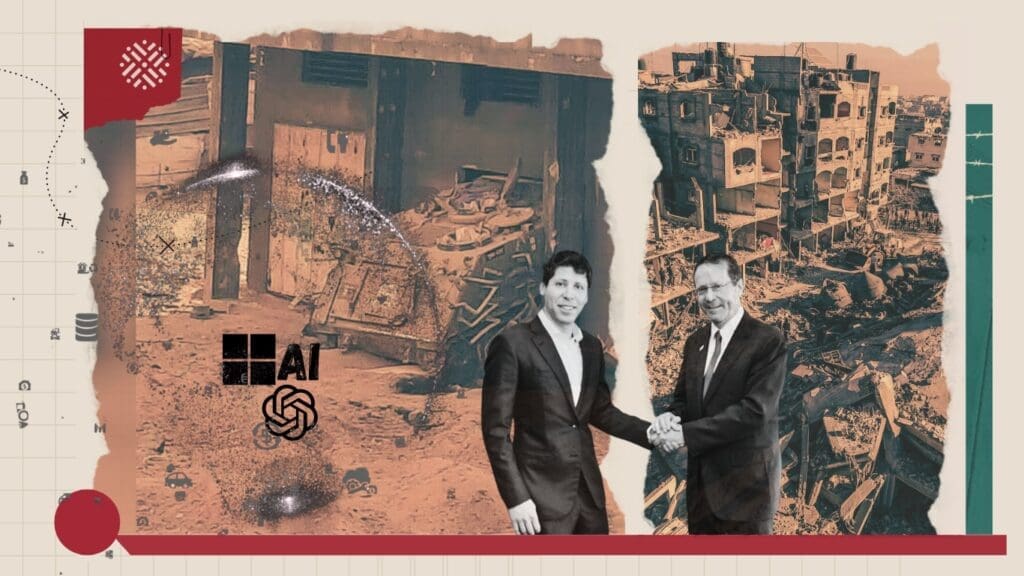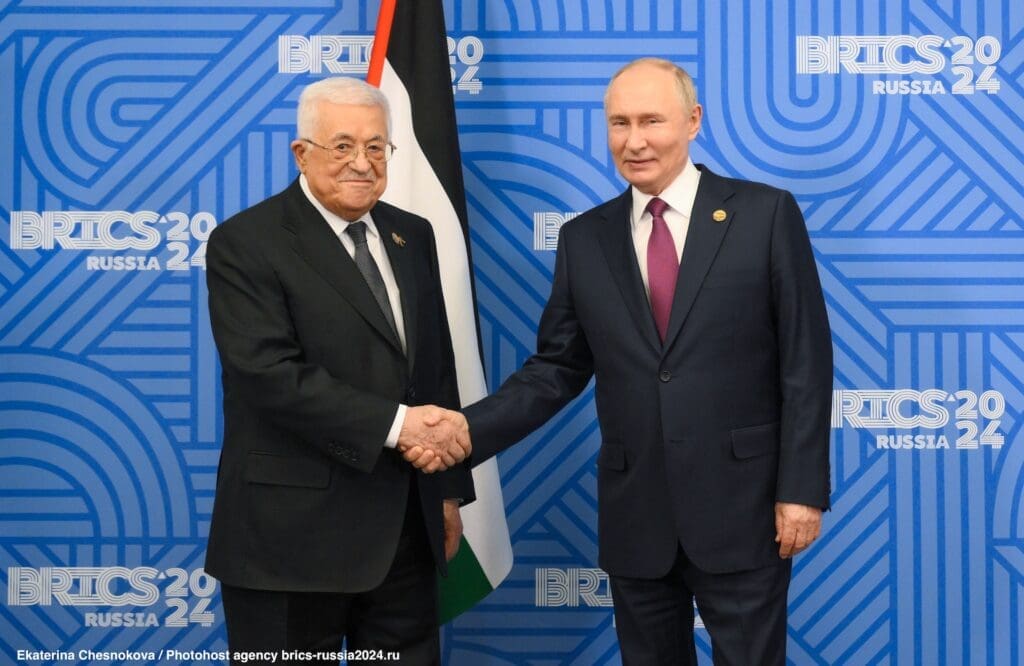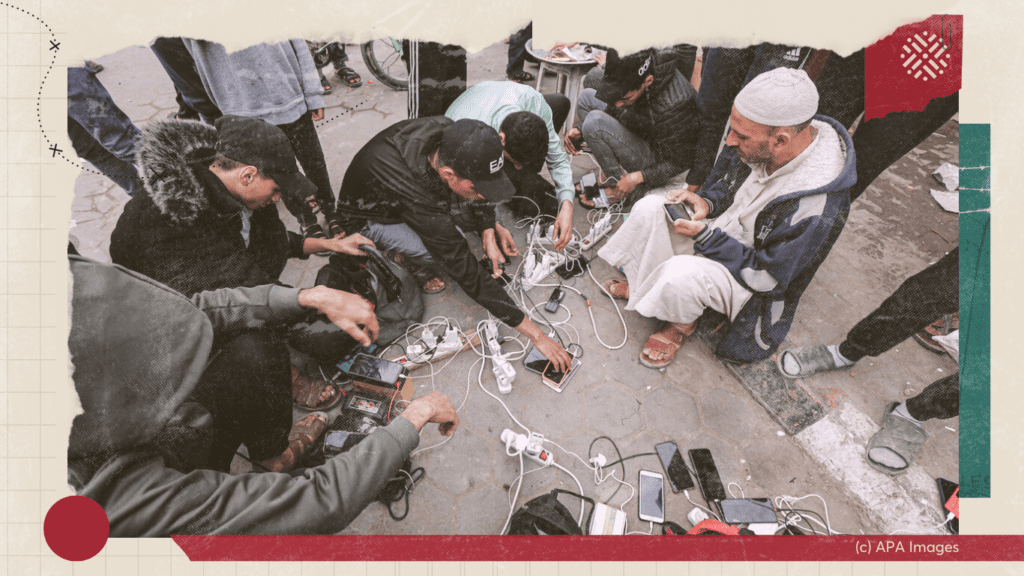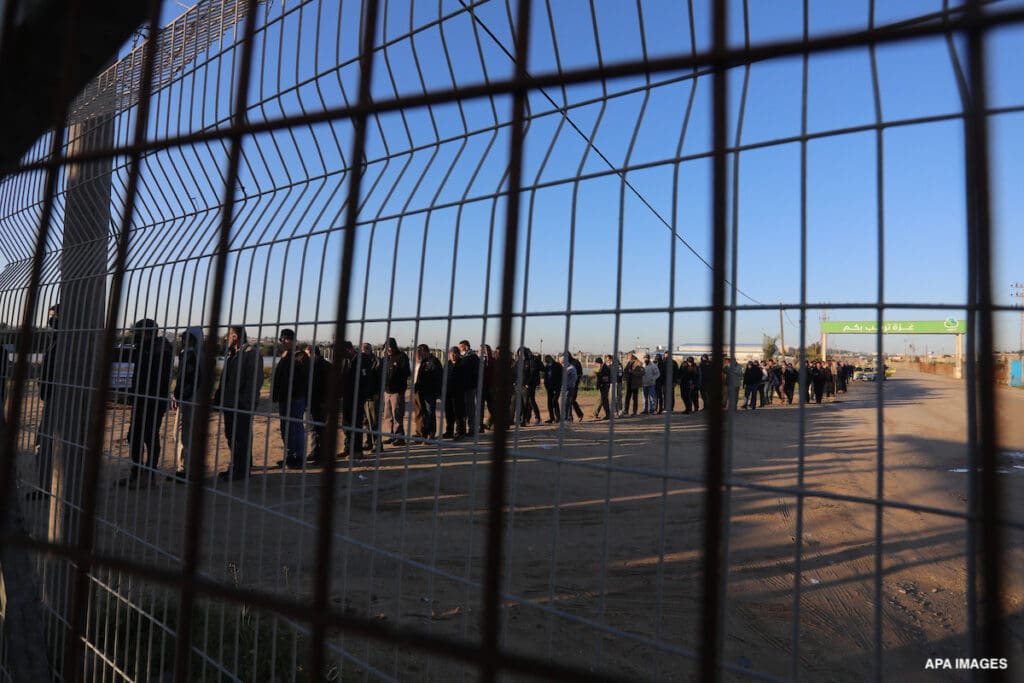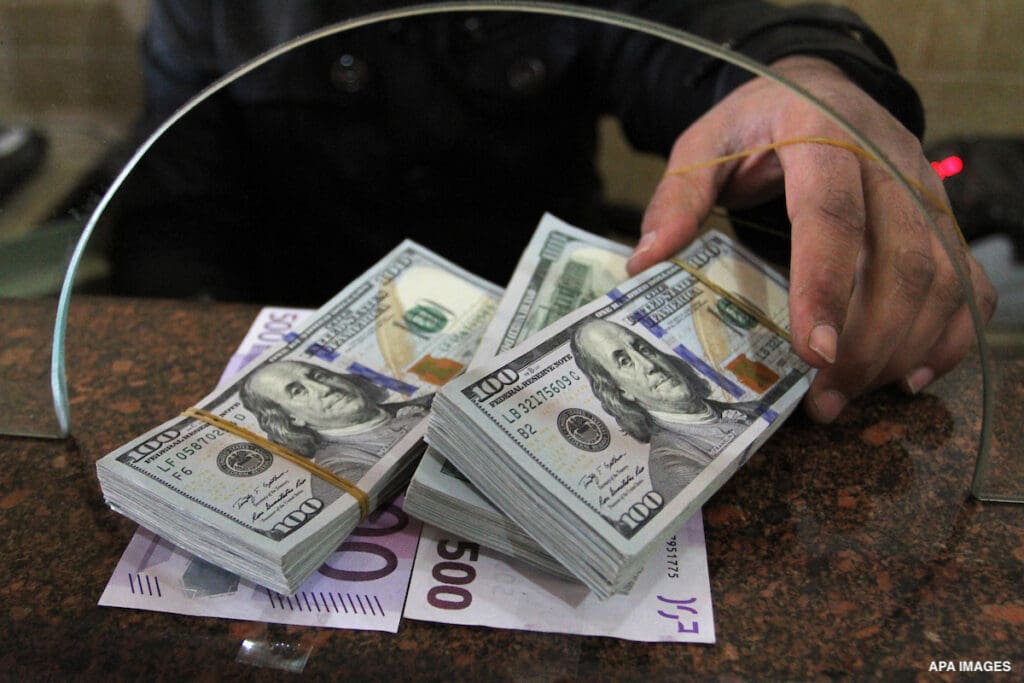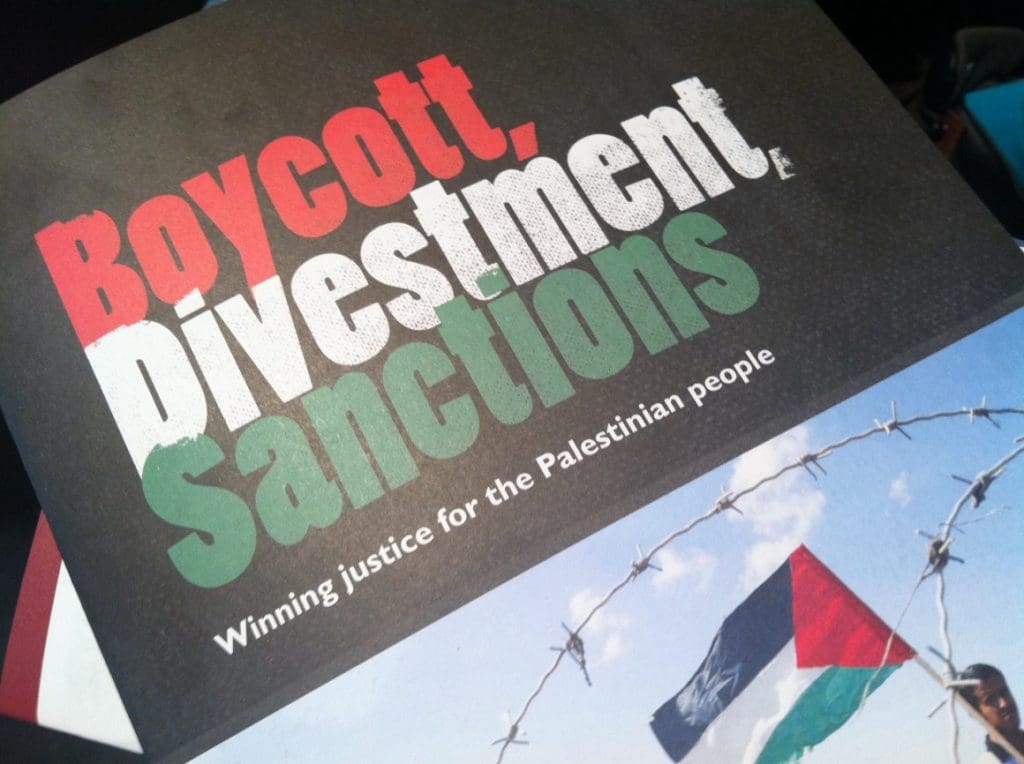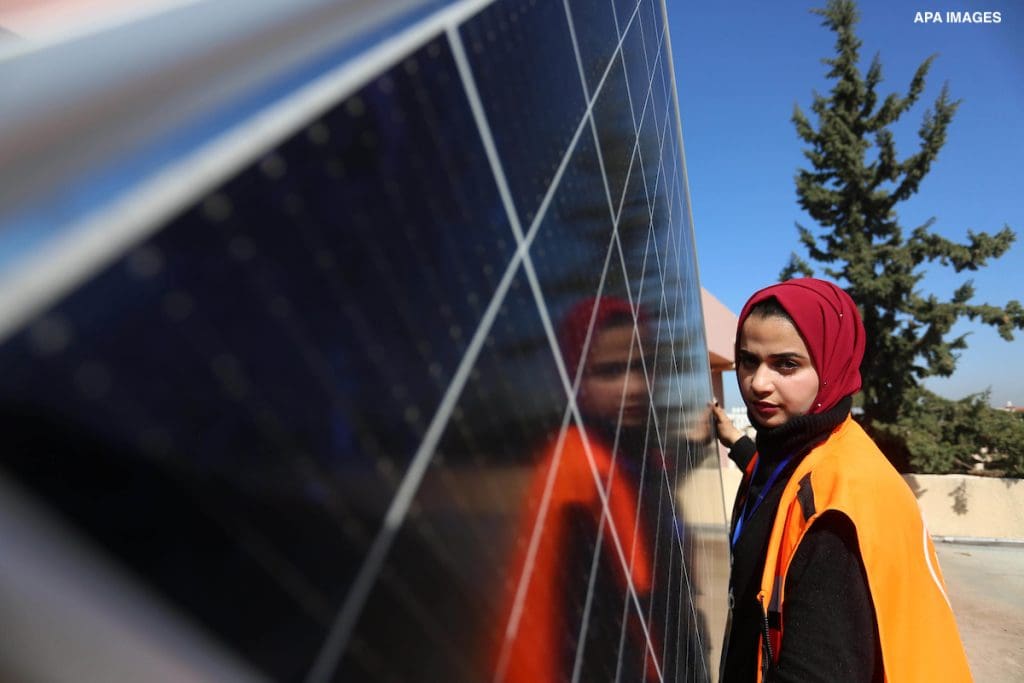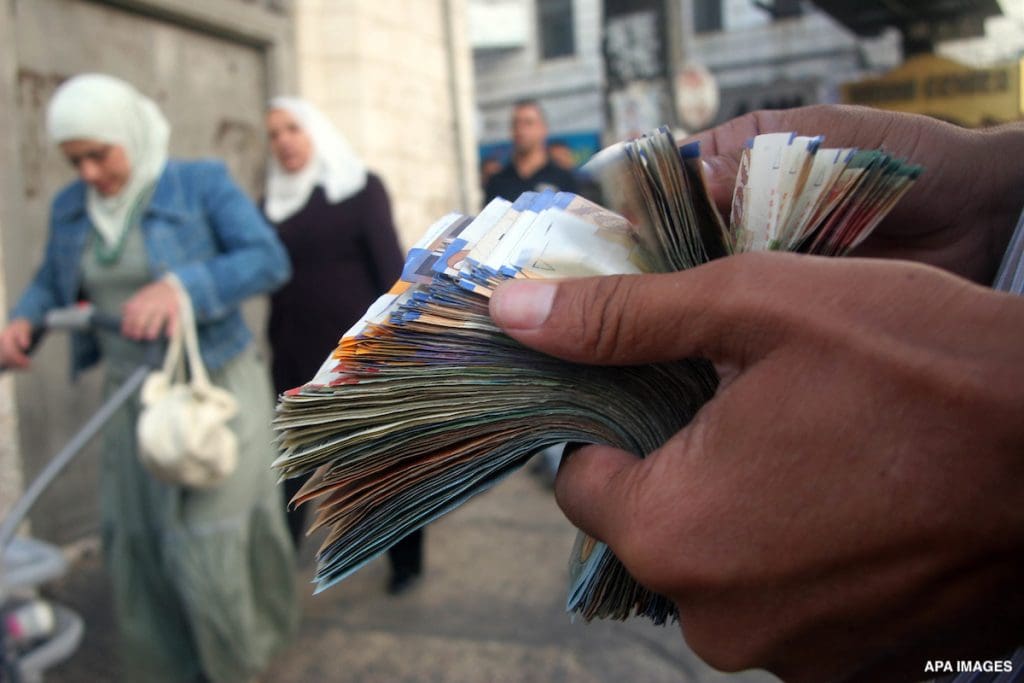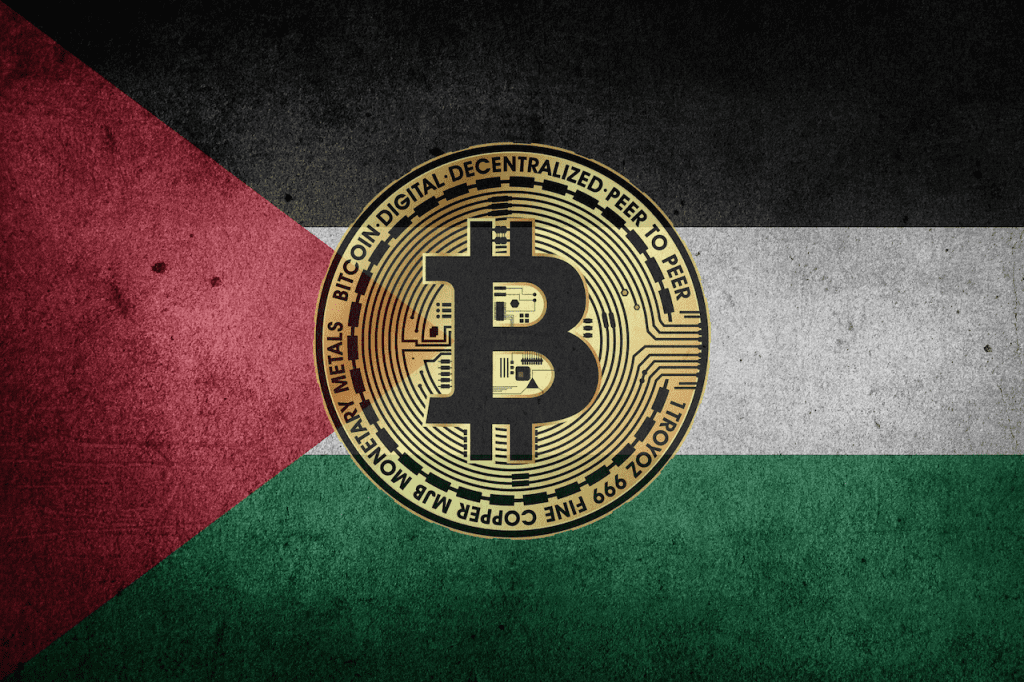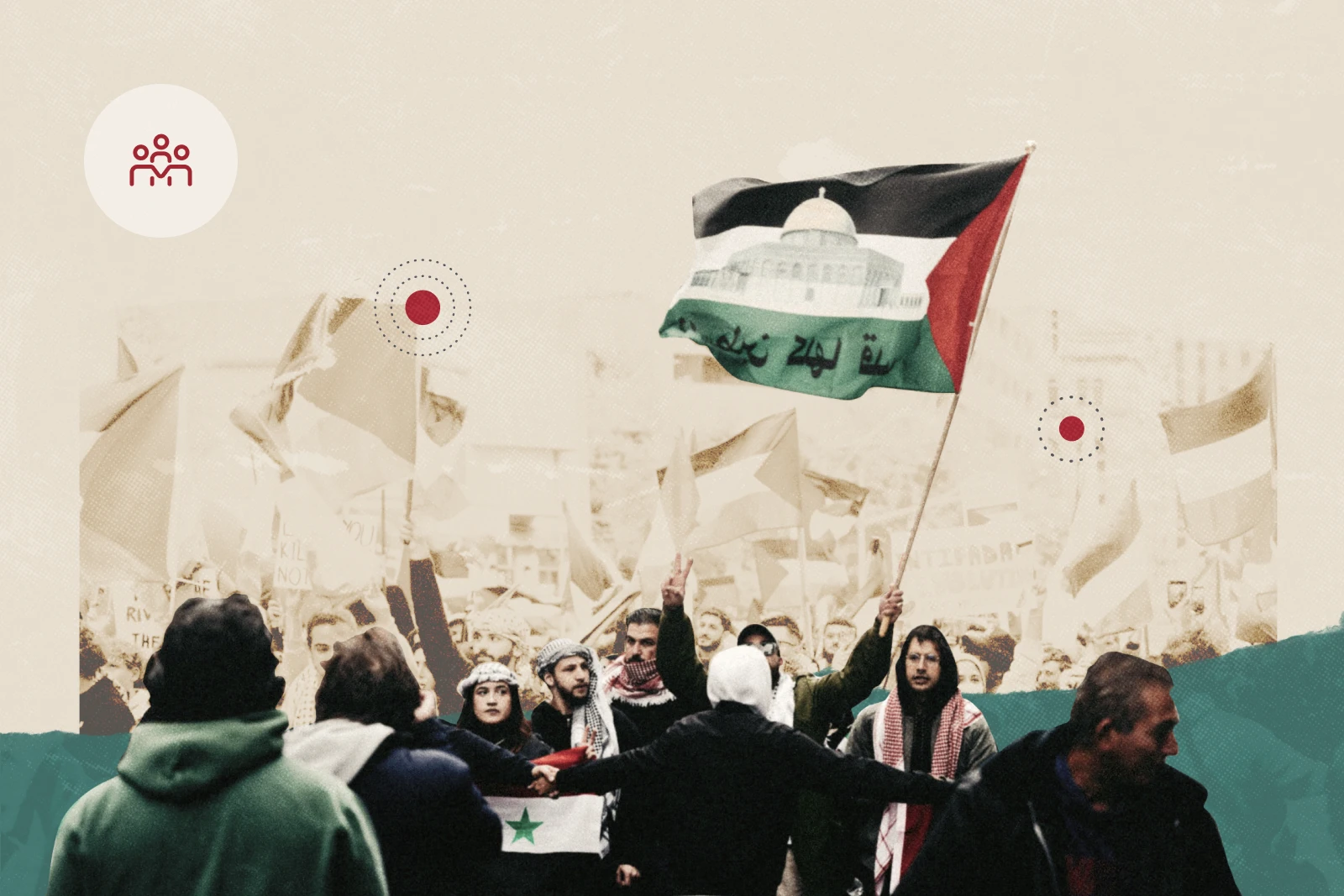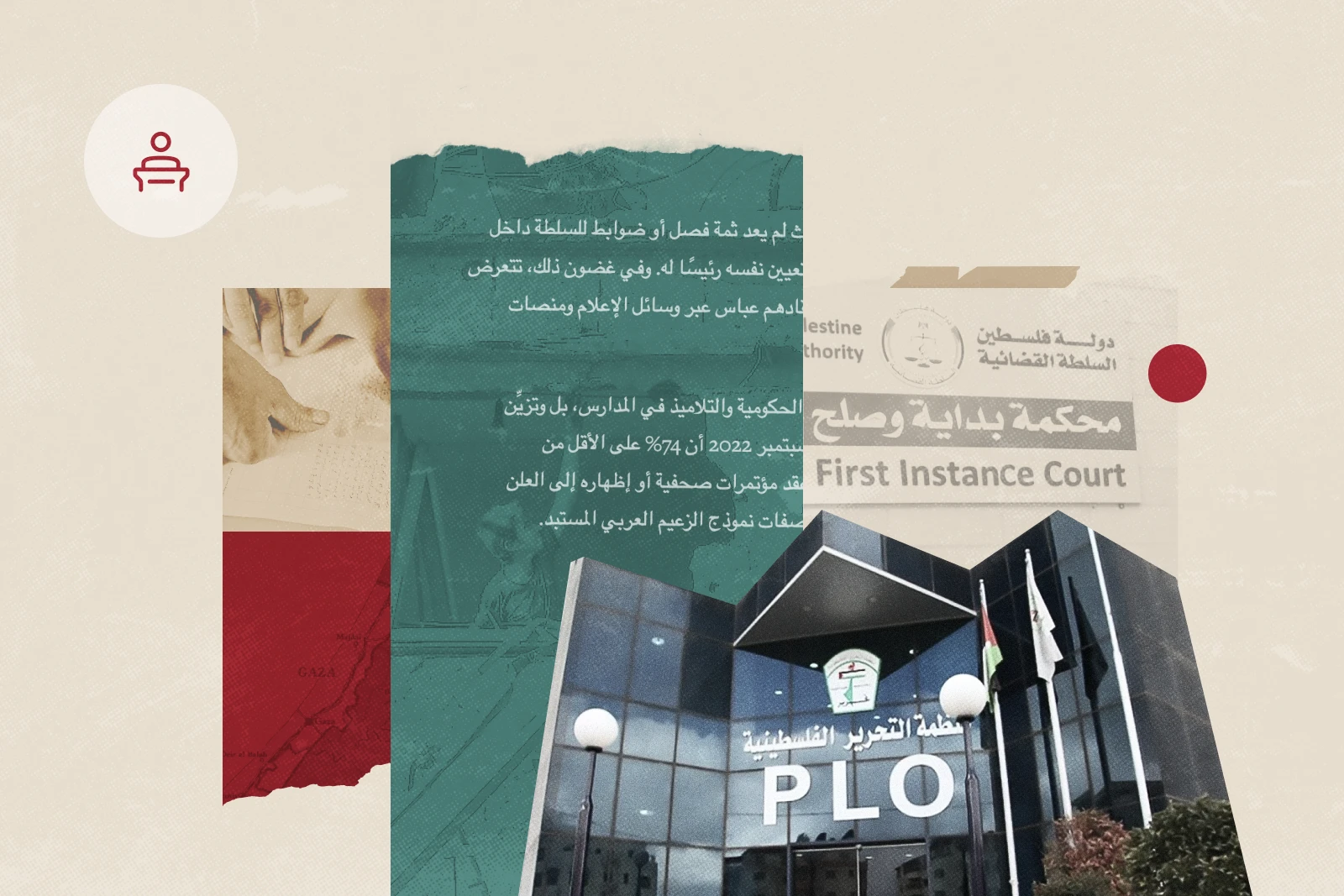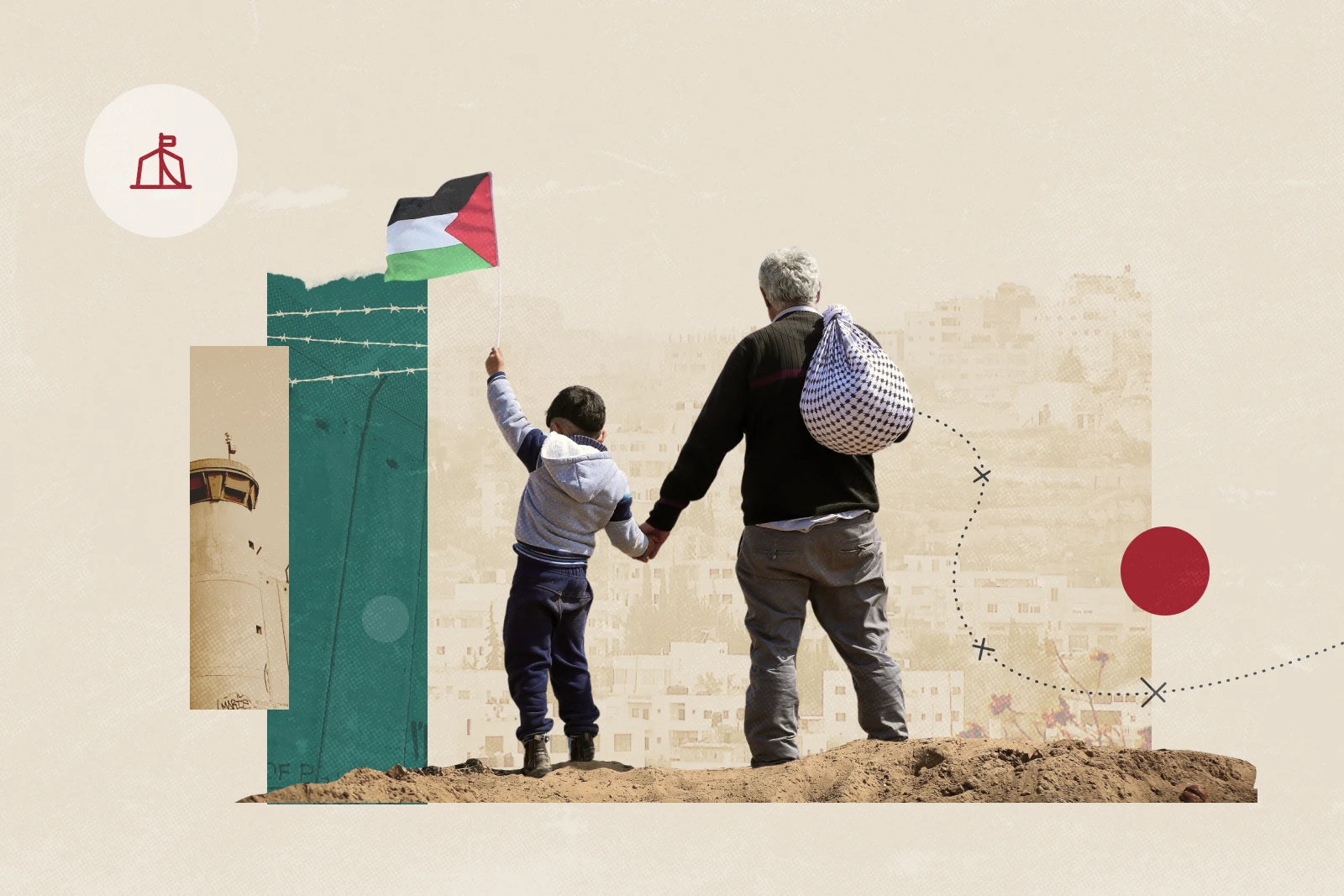topicEconomics
US tech giants portray themselves as architects of a better world powered by artificial intelligence (AI), cloud computing, and data-driven solutions. Under slogans like “AI for Good,” they promise ethical innovation and social progress. Yet in Gaza, these narratives have collapsed, alongside international norms and what remains of the so-called rules-based order.
Israel’s genocidal war on Gaza has highlighted the role of major technology companies in enabling military operations and sustaining the occupation. Beneath the destruction lie servers, neural networks, and software built by some of the world’s most powerful corporations. As Israel weaponizes AI and data analytics to kill Palestinians and destroy their homes, the militarization of digital technologies and infrastructures is redefining accountability and exposing a governance vacuum. This policy brief traces how corporate complicity now extends to war crimes, crimes against humanity, and genocide—and calls for urgent regulation of AI militarization.

Marwa Fatafta· Oct 26, 2025
This commentary examines the evolving ties between MENA countries and BRICS, focusing on the prospective Palestinian membership in the bloc and the group’s rationale for extending the invitation. It argues that BRICS membership can reconfigure the discussion around Palestinian sovereignty beyond the bounds of US alignment with Israeli policies. As the commentary details, BRICS membership could also greatly benefit the Palestinian economy by bolstering cooperation among members in areas driving economic development, including the energy and logistics sectors and artificial intelligence.

Ahmed Alqarout· Mar 11, 2025
At the time of publication, the implementation of the first phase of the ceasefire agreement between Hamas and the Israeli government was underway. The deal comes after Palestinians in Gaza endured a devastating 15-month-long genocidal war that claimed tens of thousands of lives and injured many more. Israel’s intense shelling of Gaza has had a catastrophic effect on its infrastructure, including the telecommunications network, forcing the population into a near-total internet and cellular blackout.
This policy brief examines the devastating impact of the Israeli regime’s actions on Gaza’s telecommunications infrastructure and internet access. It situates Israel's attack on the communications sector within the broader framework of neo-colonialism. It explains how Israel’s stranglehold on the Palestinian digital infrastructure strengthens its political and economic hegemony, which is one of the most important features of the Zionist settler colonial project. It also highlights the resilience of Palestinians resisting enforced communication blackouts. It finally offers actionable recommendations for the international community to support enhanced digital access in Gaza and break its technological dependence on Israel.

Ali Abdel-Wahab· Feb 4, 2025
Since the start of the genocide in Gaza, Palestinian laborers working in the Israeli market have become a top target for Israel's brutal Civil and Economic Affairs Cabinet and the Knesset's Foreign Affairs and Defense Committee. During this time, the Zionist regime terminated over 140,000 work permits, detained thousands of Palestinian workers, and began formal discussions with various Asian governments to recruit foreign laborers as replacements.
In this policy brief, Ihab Maharmeh details a recurring pattern in which Israel summons, exploits, expels, or replaces the Palestinian workforce based on its needs. This calculated approach, Maharmeh argues, is designed to systematically dismantle Palestinian political, economic, and social structures, ultimately advancing the goal of Palestinian erasure.

Ihab Maharmeh· Jan 5, 2025
Israel’s withholding of Palestinian clearance revenues is a longstanding practice, historically used to punish or manipulate the Palestinian Authority (PA). Since October 2023, the Israeli regime has only escalated its theft of Palestinian funds, bringing the PA to the verge of financial collapse. This policy memo argues that Israel’s weaponization of clearance revenues is not merely an extension of past measures but a reflection of a new, more radical agenda driven by the far-right.
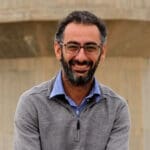
Ismat Quzmar· Dec 1, 2024
As the Israeli regime escalates its apartheid and settler colonial practices in Palestine, calls for sanctions against it have likewise increased. Still, sanctions remain controversial - both in terms of their ethics and efficacy. Indeed, many have argued that sanctions have rarely achieved their intended goals.



Palestinians in Gaza are suffering from a worsening energy crisis due to the Israeli regime’s ongoing siege. As a result, they have adopted different coping strategies, including solar energy technology to offset electricity shortages. Al-Shabaka policy analyst and 2022 Visiting Gaza Fellow Asmaa Abu Mezied examines this reality, and offers recommendations for Palestinian leadership and stakeholders to promote Palestinian economic self-determination in Gaza.

Asmaa Abu Mezied· Mar 29, 2023
Since 2021, Israeli leaders have proposed a new series of economic policies under the approach of “shrinking the conflict.” This strategy aims to afford Palestinians more economic opportunities and so-called freedoms as a way to sustain the Israeli occupation. In this policy brief, Al-Shabaka policy analyst Walid Habbas debunks the framework and explains why Palestinians will not be pacified with economic incentives.

Walid Habbas· Mar 6, 2023
The Palestinian Authority’s (PA) budget disproportionately relies on clearance revenues — import taxes collected by Israel on its behalf — that the Israeli regime regularly withholds as political blackmail. As a result, Palestinians in the West Bank and Gaza suffer severe economic consequences.

Amal Ahmad· Feb 15, 2023
The recent cryptocurrency crash raises doubts about its viability as an alternative to standard currencies. But are there aspects of the global phenomenon that are still useful for Palestinian economic and political resistance? Al-Shabaka policy analysts Tariq Dana and Ibrahim Shikaki debate the potential of digital and cryptocurrencies and outline technological opportunities for the Palestinian economy.


For the past two decades, the Palestinian Authority has been collaborating with expatriate Palestinian capitalists, who operate in tandem with the Israeli state, to ramp up ICT development in Palestine. Yet the sector continues to suffer. Al-Shabaka’s guest contributor, David Musleh, examines these power dynamics and offers recommendations for what the PA should do to enhance Palestinians’ economic lives.

David Musleh· Jan 9, 2022
Media & Outreach
UN rights chief Volker Turk warns Israel's actions in the West Bank and Gaza aim at permanent demographic change, raising ethnic cleansing concerns. Al-Shabaka's policy fellow Fathi Nimer comments on the Israeli colonial policies in the West Bank and wider Palestine.

Fathi Nimer· Feb 27, 2026
Physical rebuilding of the shattered territory must include a concerted strategy for political reconstruction.

Alaa Tartir· Feb 23, 2026
Fathi Nimer, a policy fellow at Al-Shabaka, described the movement as one that “translates into absolute unquestioning support for the Israeli regime”. He described hearing a podcast about a Christian Zionist woman visiting Bethlehem who, after seeing the separation wall, Israeli soldiers and the harsh conditions in Palestinian refugee camps, remarked: “I feel bad for them, but scripture is scripture.”

Fathi Nimer· Feb 23, 2026
We’re building a network for liberation.
As the only global Palestinian think tank, we’re working hard to respond to rapid developments affecting Palestinians, while remaining committed to shedding light on issues that may otherwise be overlooked.







